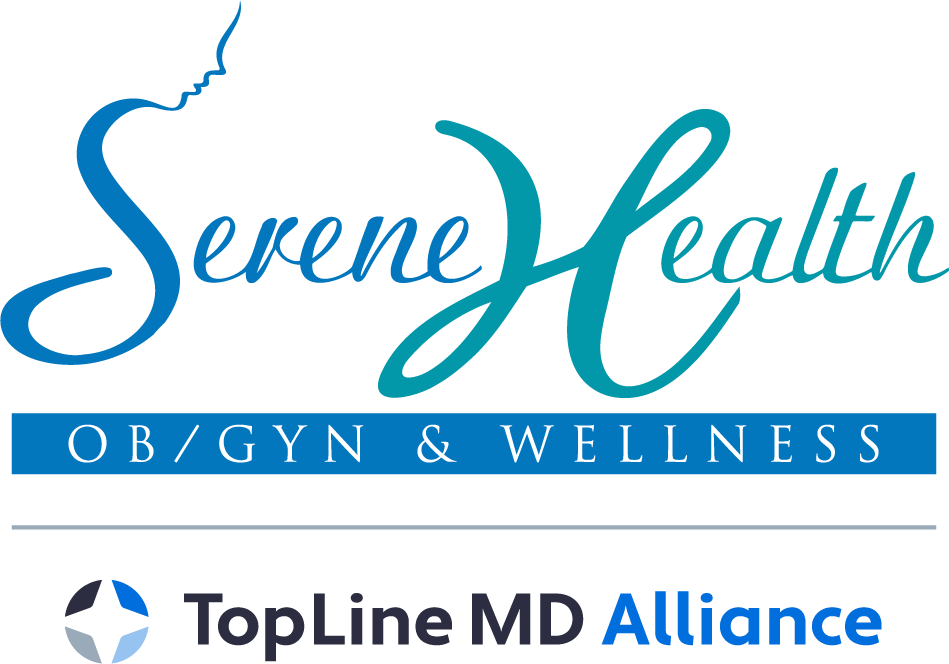Embarking on the journey of motherhood is an exhilarating yet overwhelming experience. The first prenatal visit is a pivotal step in ensuring a healthy pregnancy. In this guide, we will speak about intricacies of what to expect from your initial encounter with your healthcare provider.
When it comes to OBGYN Services in Fr. Lauderdale. Florida. there are different options you can choose. Medical centers such as the Serene Health OBGYN & Wellness offer prime patient care and service, so when choosing a healthcare provider take into consideration all the benefits you can get from their expert team.
Understanding the Importance of Your First OBGYN Appointment

The significance of your first 08-GYN appointment cannot be overstated, as it marks the initiation of a crucial partnership in your journey towards motherhood. This appointment is not merely a routine checkup; it serves as the cornerstone for comprehensive prenatal care. Your obstetrician-gynecologist (OB-GYN) is your dedicated guide through the maze of pregnancy, equipped with the expertise to monitor your health and address any emerging concerns.
The importance of this initial encounter lies in laying the groundwork for a tailored care plan that considers your unique medical history, family background, and individual needs. Beyond confirming the pregnancy and estimating the due date, your 08-GYN utilizes this opportunity to conduct vital health assessments, initiate essential screenings, and foster an open dialogue about lifestyle choices and nutritional habits.
Recognizing the weight of this appointment empowers you to actively engage in your healthcare journey, ensuring that both you and your baby receive the best possible start on this extraordinary adventure.
When to Schedule Your First Prenatal Visit?
Timing plays a pivotal role in ensuring a healthy and well-monitored pregnancy, making it imperative to understand when to schedule your first prenatal visit. Ideally, this crucial appointment should be arranged within the first 8 to 10 weeks of pregnancy. The early stages are opportune for your healthcare provider to gather essential information, confirm your pregnancy, estimate your due date, and address any potential risks promptly. Scheduling your first prenatal visit early allows for the implementation of a personalized care plan tailored to your unique needs and circumstances.
The moment you confirm your pregnancy, it is advisable to contact your healthcare provider promptly to secure your spot, ensuring that you embark on this transformative journey with the proactive support and guidance necessary for a smooth and healthy pregnancy.
Preparing for Your First OBGYN Appointment
Preparing for your first OBGYN appointment is a crucial step in ensuring a productive and informative experience. Start by compiling a comprehensive list of questions and concerns you may have about your pregnancy journey, from general health queries to specific inquiries about prenatal care. Bring along any relevant medical records, such as previous pregnancies or medical conditions, to provide a comprehensive overview of your health history.
Consider jotting down a time line of your menstrual cycles and any noticeable symptoms you’ve experienced since confirming your pregnancy. This thorough preparation facilitates an open and collaborative discussion with your healthcare provider, allowing them to address your individual needs more effectively. By being proactive and organized, you empower yourself to make the most out of your first OB-GYN appointment, establishing a strong foundation for a healthy and well-supported pregnancy.
What to Expect at Your First Pregnancy Appointment?

At your first pregnancy appointment, anticipate a comprehensive examination that includes a detailed discussion of your medical history and lifestyle. These are some of the potential scenarios:
- Medical History and Physical Examination: During the medical history and physical examination at your first prenatal visit, your healthcare provider will delve into your past medical experiences, addressing any existing conditions or previous pregnancies. This discussion aids in tailoring your prenatal care plan to meet your specific needs. Following the interview, a comprehensive physical examination will be conducted to assess your overall health and identify any potential risk factors.
This examination typically includes measurements of blood pressure and weight, as well as an examination of your heart, lungs, and abdomen. The combination of your medical history and physical examination lays the groundwork for a personalized and attentive approach to your pregnancy journey.
- Confirming Pregnancy and Estimating Due Date: Confirming pregnancy and estimating the due date are pivotal aspects of your first prenatal visit. Your healthcare provider will likely perform a urine or blood test to definitively confirm the pregnancy, providing you with the initial assurance of this transformative journey. Once pregnancy is confirmed, attention shifts to estimating the due date, a crucial milestone in understanding your pregnancy timeline.
This estimation is often determined through a combination of factors, including the date of your last menstrual period and, in some cases, an early ultrasound examination. Knowing your due date not only allows for accurate monitoring of your baby’s development but also helps structure your prenatal care plan for the months ahead.
- Blood Pressure and Weight Measurement: Routine measurements of your blood pressure and weight are conducted to establish baselines and identify any potential concerns. These measurements will be monitored throughout your pregnancy to ensure stability.
- Laboratory Tests: Laboratory tests are a vital component of your first prenatal visit, providing essential insights into your health and that of your developing baby. These tests typically include blood work to assess factors like blood type, Rh factor, and iron levels, crucial for understanding potential risks. Additionally, screenings for infectious diseases such as HIV and syphilis are conducted to ensure early detection and appropriate intervention if necessary.
These laboratory tests serve as valuable tools in identifying any underlying health concerns that might impact your pregnancy. The results contribute to a comprehensive assessment, guiding your healthcare provider in crafting a personalized care plan tailored to optimize the well-being of both you and your baby throughout the pregnancy journey.
- Ultrasound: In some cases, your healthcare provider may perform an ultrasound during your first prenatal visit. This imaging technique allows them to visualize the fetus, confirm the number of embryos, and detect any early signs of complications.
- Discussion of Lifestyle and Nutrition: A significant part of your first prenatal visit involves a thoughtful discussion on lifestyle and nutrition. Your healthcare provider will engage in an open dialogue to understand your daily habits and offer guidance on maintaining a healthy lifestyle during pregnancy. This discussion may encompass recommendations on appropriate exercise routines, addressing concerns or limitations you may have.
Additionally, your provider will emphasize the importance of a well-balanced diet, highlighting essential nutrients crucial for both maternal and fetal health. By addressing lifestyle factors and nutritional needs early on, this conversation plays a key role in fostering a supportive environment for a successful and healthy pregnancy.
To Conclude …
Your first prenatal visit is a pivotal milestone, setting the stage for a healthy and well-guided pregnancy. By understanding what to expect at your initial appointment and being proactive in preparing for it, you empower yourself to make informed decisions for both you and your growing baby. Remember, open communication with your healthcare provider is the key to a successful and stress-free pregnancy journey.
Our medical facilities are here for you if you need additional guidance and help, so trust us and let us help you have a stress-free, wonderful pregnancy.


